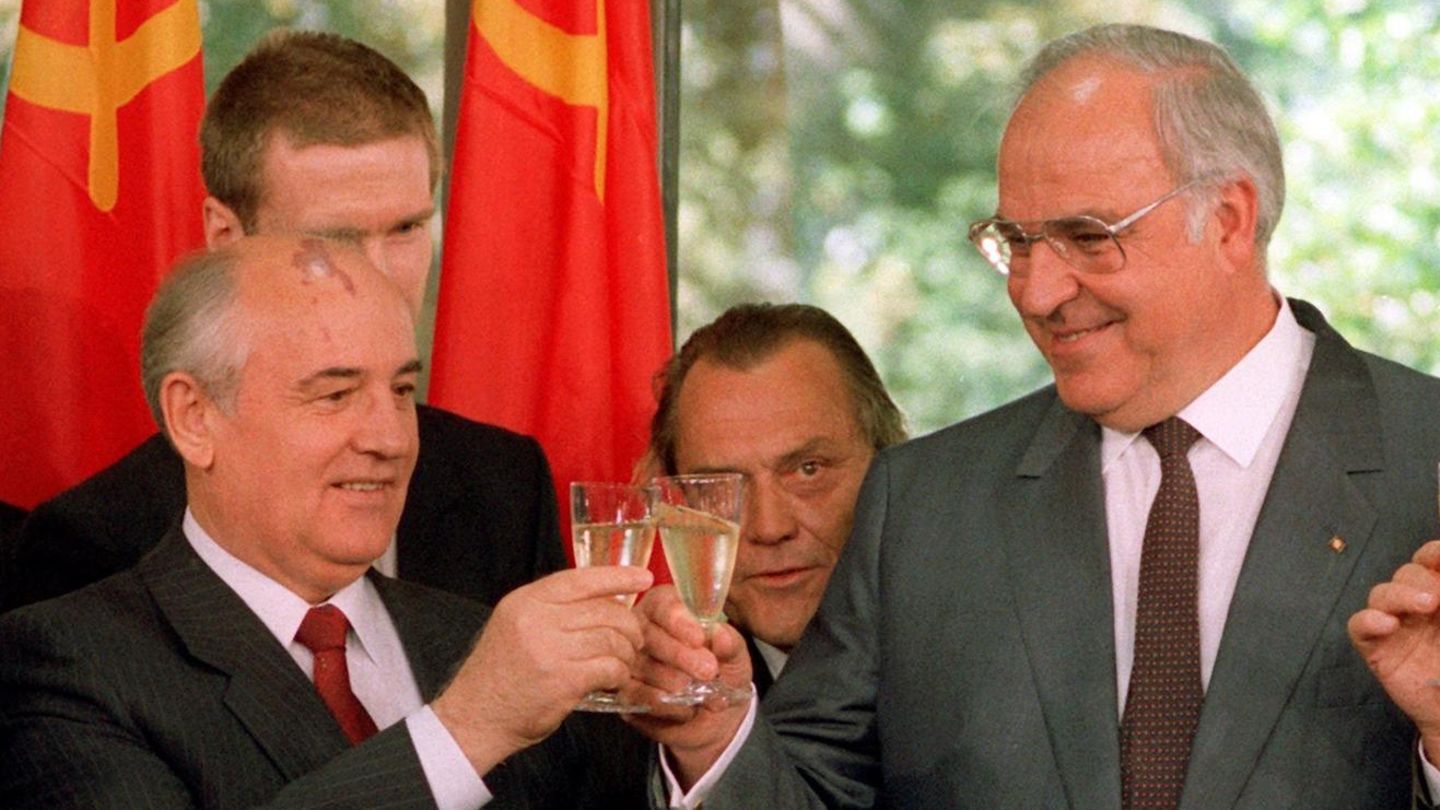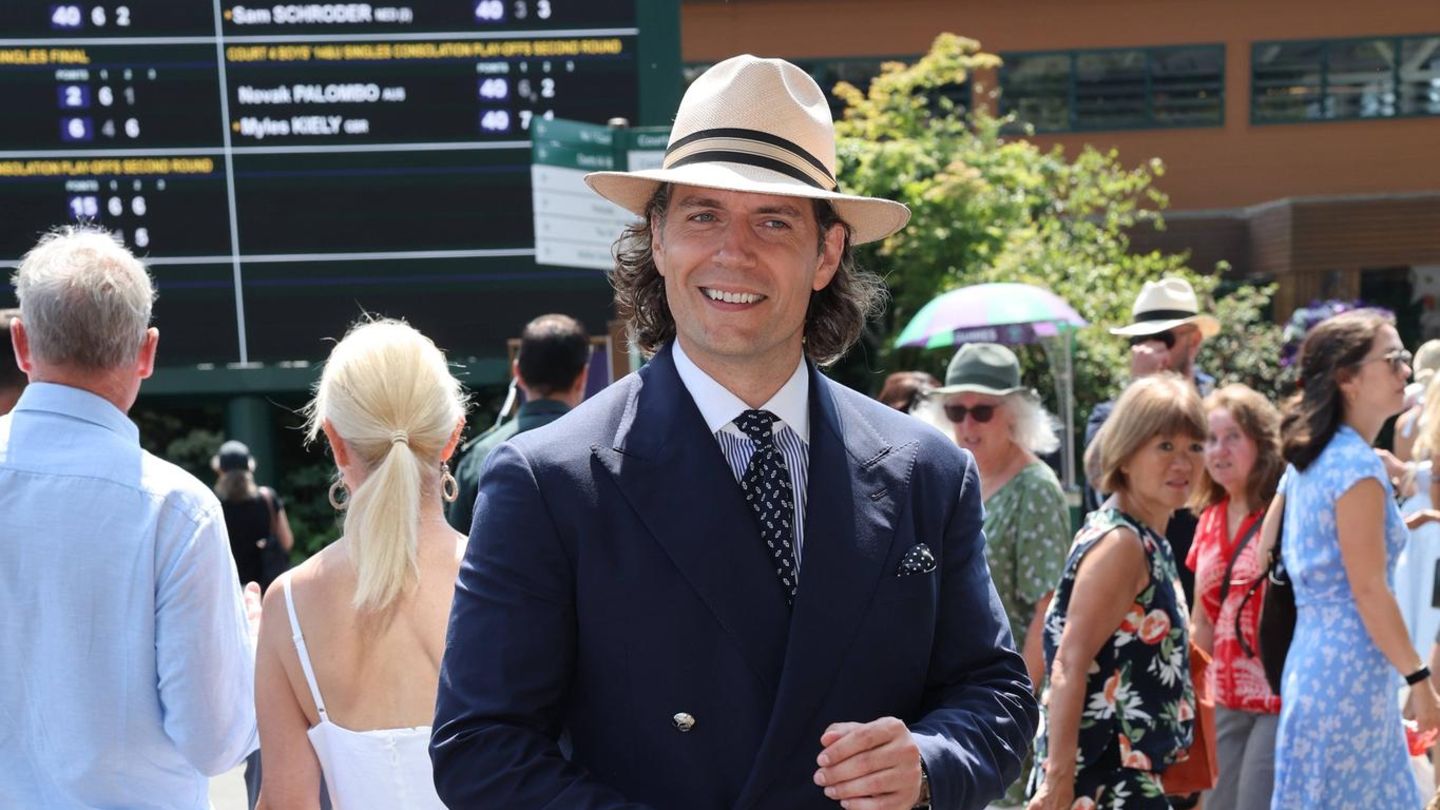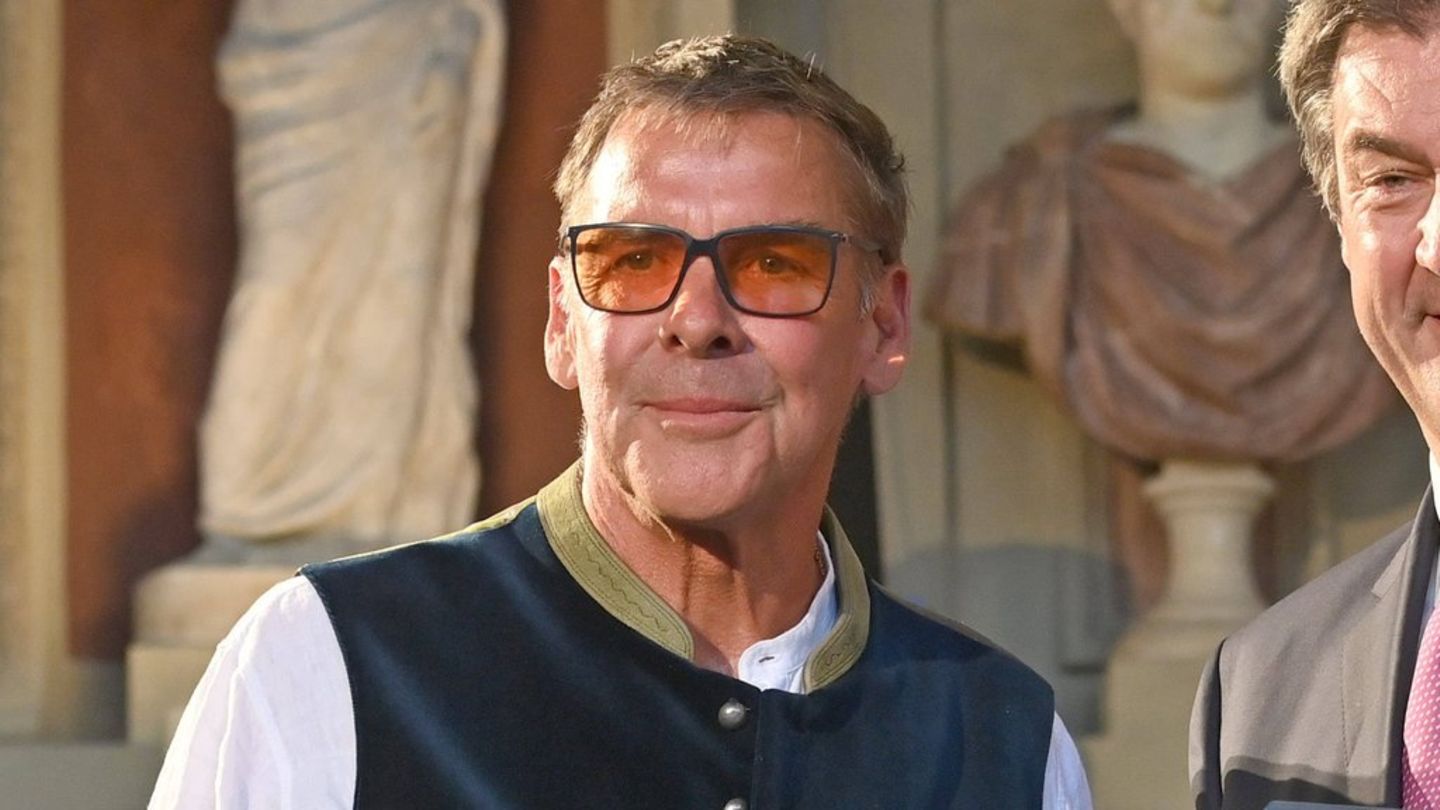What is hard to imagine today: Mikhail Gorbachev, a Russian head of state, once stood for openness and change. The corresponding Russian terms were part of our everyday language at the time: glasnost and perestroika.
It has sad symbolism that the news of Mikhail Gorbachev’s death is breaking out around the world right now. It makes it clear once again that at the latest with Russia’s war of aggression against Ukraine, Gorbachev’s life’s work will be history – probably irrevocably. Unlike Vladimir Putin, Gorbachev stood for openness and change and was so popular, especially in Germany, that the nickname “Gorbi” was on everyone’s lips. Just like the corresponding Russian terms glasnost and perestroika. Everyone knew what was meant by that, they became part of everyday German. At a time that is now objectively referred to as the end of the Cold War, but which was associated with a sense of relief and openness and the end of that fear of an aggressive Russia that returned with the Ukraine war.
The hope remains that a figure like Gorbachev turned up rather surprisingly. For decades, arbitrariness and a lack of freedom ruled in what was then the Soviet Union before the communist party leader initiated a historic course of reform in 1985. With his policy of glasnost and perestroika, he wants to save the country’s ailing economic and political system from falling apart. In addition, Gorbachev gives the people in the USSR, which is rigidly controlled from above, more freedom. The reforms end in the collapse of communism in Eastern Europe.
Glasnost and perestroika: Gorbachev breaks with taboos
As General Secretary of the Communist Party and the first President of the Soviet Union, the then 54-year-old broke numerous taboos. This is how Gorbachev named the crimes committed under Soviet dictator Josef Stalin, in particular the massacre of thousands of Polish officers in Katyn in 1940, with an openness unprecedented for the Kremlin. He also discloses a secret additional protocol to the German-Soviet Non-Aggression Pact of 1939. After a ten-year military adventure in the Hindu Kush with many casualties, he ordered the Soviet troops to withdraw from Afghanistan in 1988.
Gorbachev enabled the Warsaw Pact countries to determine their own form of government. In contrast, reform movements such as the Prague Spring of 1968 in Czechoslovakia or the Hungarian uprising of 1956 were once bloodily suppressed. The new freedom under Gorbachev led to the end of the Cold War and finally made German reunification possible in 1990. The Scorpions sing about the “Wind of Change”; the shift towards openness seems irreversible.
Gorbachev: In Russia, a procrastinator who plunged the country into chaos
But while Gorbachev is honored for his courageous steps abroad, including the 1990 Nobel Peace Prize, he is criticized at home. One of his controversial initiatives is a ban on alcohol. He is also blamed for the hesitant information policy after the reactor catastrophe in Chernobyl in 1986; this also internationally. Even today, many people in Russia see the ex-president as a procrastinator who has plunged the country into chaos. The collapse of the Soviet Union in 1991 also meant the end of the Gorbachev era.
The disintegration of the Soviet Union of States is seen today as a trauma for the current leadership in the Kremlin, especially for President Putin. Quite a few experts consider the desire to reverse this decay to be one of the main reasons for the war of aggression against Ukraine.
With material from DPA
Source: Stern
David William is a talented author who has made a name for himself in the world of writing. He is a professional author who writes on a wide range of topics, from general interest to opinion news. David is currently working as a writer at 24 hours worlds where he brings his unique perspective and in-depth research to his articles, making them both informative and engaging.




